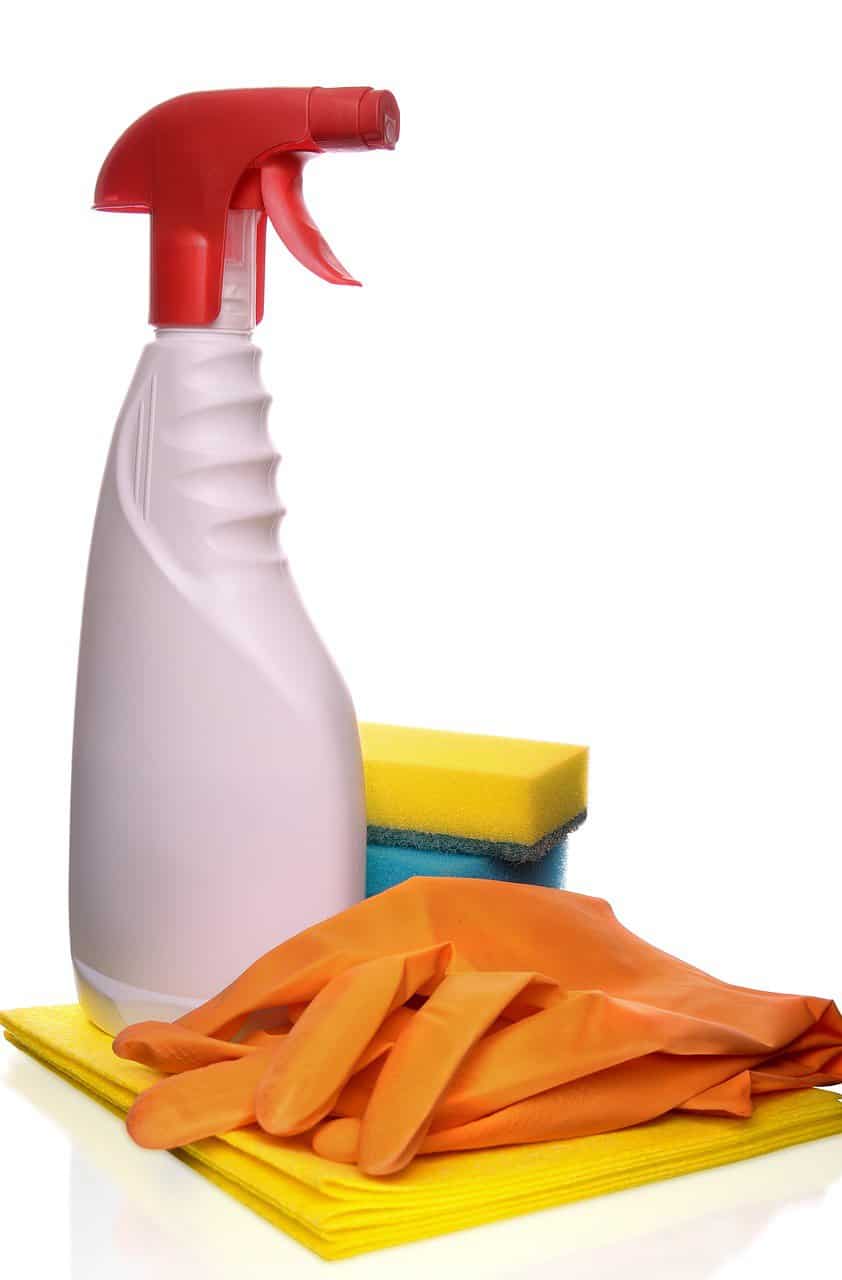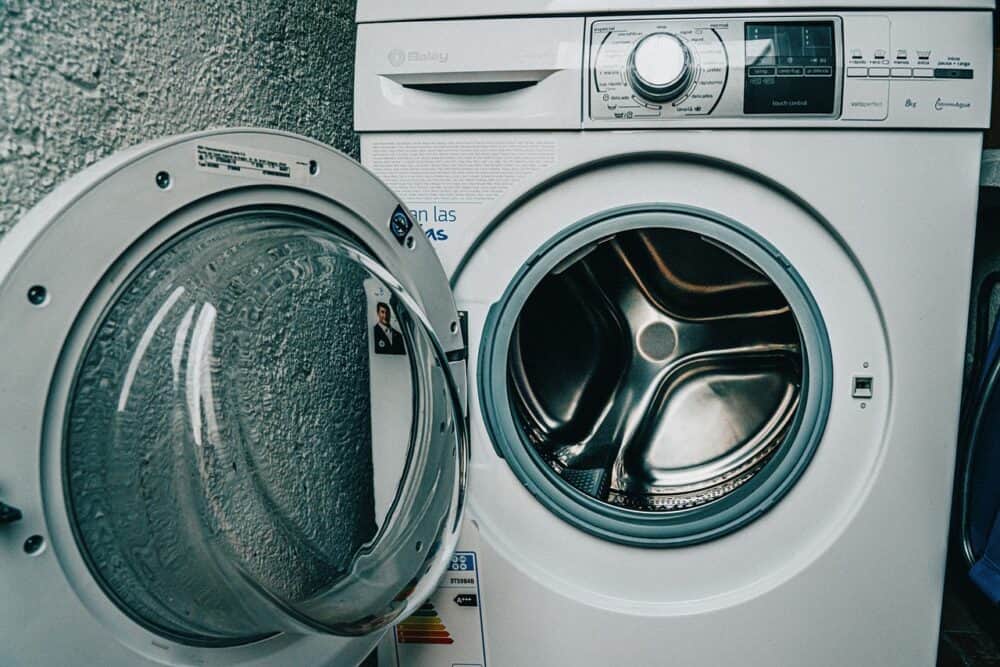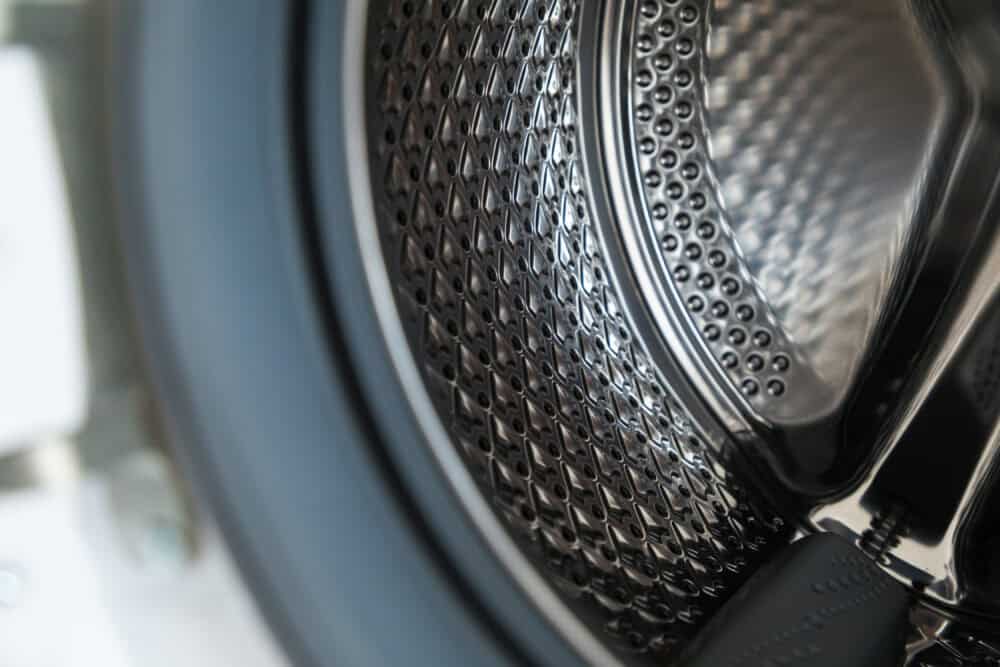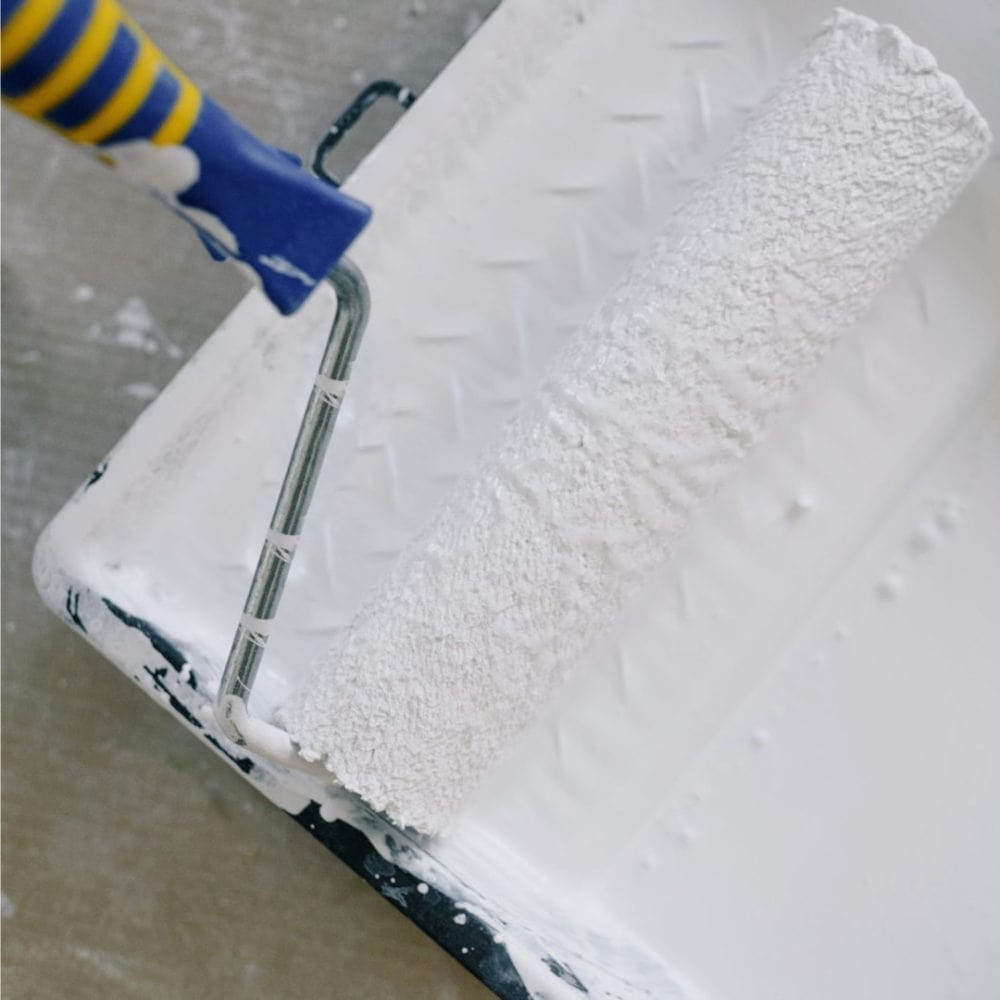
Washing Machine Deep Clean to Ensure Efficiency
Table of Contents
We all rely heavily on our washing machine to keep everything fresh and clean. Have you ever thought about how clean your washing machine really is? Over time, soap scum, dirt, and even mold can build up inside your washer, making it less efficient. Below is a simple deep cleaning process to get your machine running like new and ensure it keeps your laundry fresh and smelling great.
Why Deep Clean Your Washing Machine?

Our washing machines are a common household item but under-rated workhorses. They deal with sweat, grime, and detergent daily, but over time that build-up can lead to:
Musty Smell and Bad Odors – from the washing machine door rubber seal and also detergent drawer area.
Reduced Efficiency – leading to higher energy and water bills.
Mold and Mildew Growth – these could impact your laundry’s cleanliness.
By regular cleaning OF your machine every 1–3 months, you can avoid these breeding ground issues and prolong its life in the long run.
Essential Cleaning Supplies

- White vinegar (the ultimate cleaning powerhouse!)
- Baking soda
- A clean microfiber cloth or sponge
- Toothbrush (for hard-to-reach areas)
- Optional: Hydrogen peroxide for stubborn mold
Step-by-Step Instructions for Washing Machine Deep Clean

Clean the Detergent Drawer and Dispenser
Start by removing the detergent drawer (if your machine allows) and soaking it in warm soapy water. Use your toothbrush to scrub away any detergent residue or mold hiding in the crevices. For fixed dispensers, wipe them down with a damp cloth soaked in vinegar or cleaning agents.
Wipe Down the Rubber Gasket
The rubber gasket around the door (especially in front-load washers) is notorious for trapping moisture and dirt. Gently pull back the seal and use a cloth soaked in vinegar to wipe the entire area. Pay extra attention to any visible mold or mildew. If you spot stubborn bacteria growth, mix hydrogen peroxide with water and give it a scrub with the toothbrush.
Run a Hot Vinegar Cycle
To clean the inside of your machine. Pour 2 cups of white vinegar directly into the drum of your washing machine. Set the clean cycle to the highest temperature and let it run. The vinegar will provide a thorough cleaning helping to dissolve soap scum and leftover detergent, kill bacteria and eliminate bad smells, and break down any mineral deposits.
Add a Baking Soda Rinse
Once the vinegar cycle is complete, place ½ cup of baking soda directly into the washing machine drum. Baking soda acts as a deodorizer and scrubber to help remove any leftover residue. Run another hot cleaning cycle with just the baking soda.
Wipe Down the Drum and Door

Once both cycles are finished, open the door and give the inside of the drum and door a good wipe-down with a clean cloth. The vinegar and baking soda will have done most of the work, so this next step is to ensure everything is sparkling clean and dry.
Clean the Filter (if applicable)
Most front-load washing machines have a filter that can be accessed from the bottom front panel. It is worth checking your manual and giving this a clean-out too. Blocks in the filter can reduce efficiency and can even lead to drainage issues. A good practice is to place paper towels on a tray or an old bath towel underneath the filter cap to catch any considerable excess water which is often the case.
Extra Tips for Maintaining a Fresh Machine
Leave the door open – After each use to let air circulate and prevent mildew growth.
Use less detergent – Most of us are guilty of over-pouring, which leads to excess suds and build-up over time.
Switch to a natural detergent – Or a detergent labeled for high-efficiency (HE) machines, which reduces build-up.
Conclusion

Regular cleaning of your washing machine periodically is essential for maintaining its efficiency and prolonging its lifespan. Following simple steps and wiping down the drum and door seal can prevent mold buildup and help eliminate unpleasant machine smell. Taking the time to care for your appliance will not only ensure cleaner laundry but also promote a healthier home environment.



